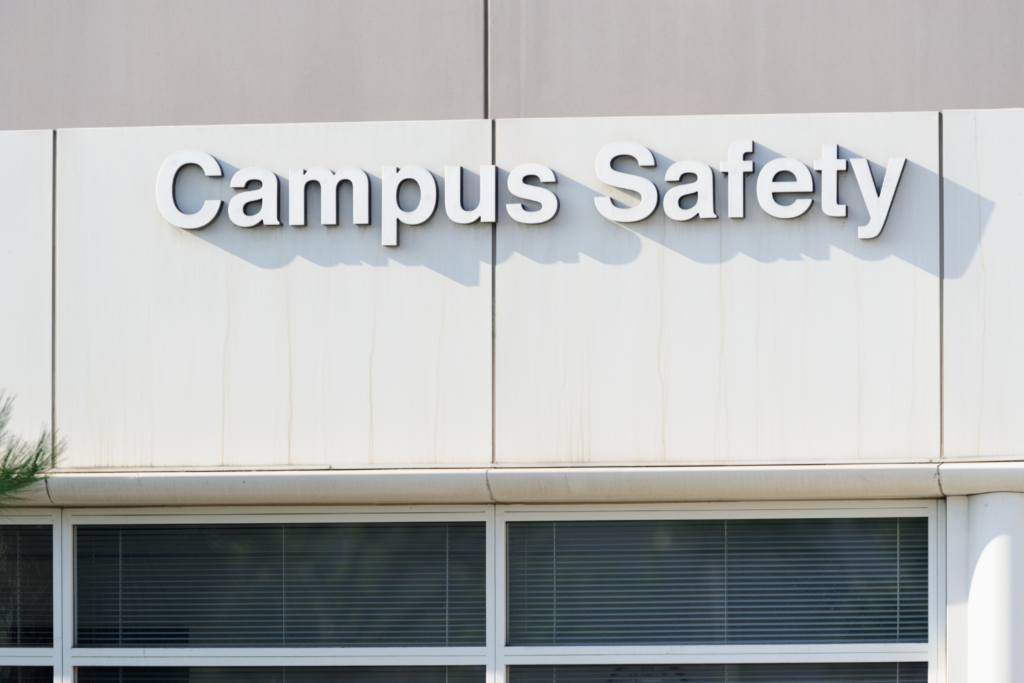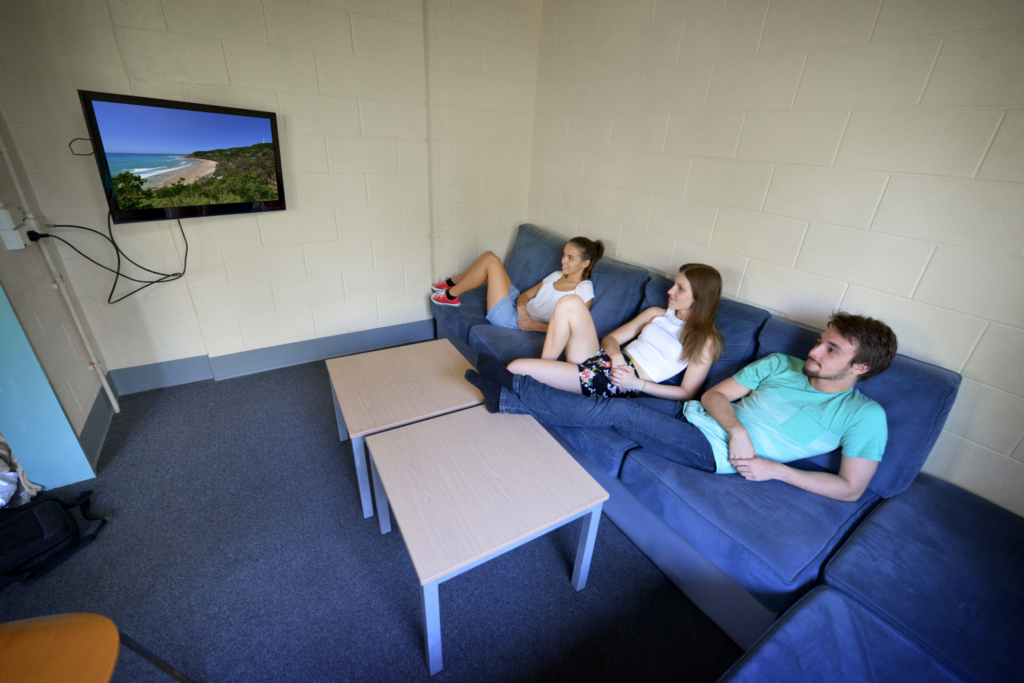There is no single way to guarantee your safety or the safety of others, but if you follow several simple tips, then the safety of you and those around you on your college campus will be greatly increased.
Be alert! You are the best prevention of any crime upon yourself. Get to know those to who you live next door, and make sure you are always aware of your surroundings. This is the front line of prevention.
If you want to report ANY criminal act or notice anything remotely suspicious report it immediately. You can never be too careful. If something seems out of place to you or you are even the slightest bit uncomfortable, report it. Call your campus or local police departments. They are there to prevent crimes.
In this post:
6 Campus Safety Tips For College Students
1. Don’t walk alone at night.
A prime time for crimes to occur is at night. The low lighting levels make it more difficult to distinguish people and objects, and there tend to be fewer people around. Fewer people around usually means a higher chance the criminal will get away with the crime. Make sure you stay near well-lighted areas. In addition, many campuses use security cameras in important areas. If you are out at night, especially alone, stay near these and other well-lit areas. Also, make use of the free shuttles that many college campuses offer for students at night, or even ask your campus security for a ride to your dorm on campus.
2. Keep your dorm or apartment doors locked at all times.
Just because you know your neighbors doesn’t mean that nothing can happen. Many campuses and apartment complexes in urban areas are not gated. Anyone can walk through at any time. This is a very important preventative measure and will give you an even higher level of protection.
3. Do not lend your keys or access cards to anyone.
Just because you think you know someone doesn’t mean they can’t use the access for other reasons. It’s very easy for a person to say “I’ll be right back” and go make a copy of your keys. This isn’t a paranoid measure; it’s simply protecting yourself against any possibility.
4. Report all harassing or obscene phone calls and emails.
Campus and local police are more than happy to investigate these occurrences. They may even monitor for future occurrences and look for patterns to develop that will aid their investigation.
5. Report all maintenance problems relating to security.
This includes door and window locks, outdoor lighting, and overgrown plants. These are all security concerns, and taking care of these issues immediately will limit your exposure to criminal elements.
6. Be aware of crime trends on campus.
Each year, and sometimes on a semester basis, campus police will release the most recent crime statistics for the campus and the surrounding area. Knowing the statistics is one of the best safeguards. They usually tell which areas have the most crime and also break down the crimes committed by type. Knowing these statistics is the best way of knowing which areas of campus and your apartment are the least safe.
Conclusion
Following these basic campus safety tips will give you a big edge on criminals. While there is no surefire way to completely stop crime from occurring, following these basic suggestions can help you to avoid being the next victim.






